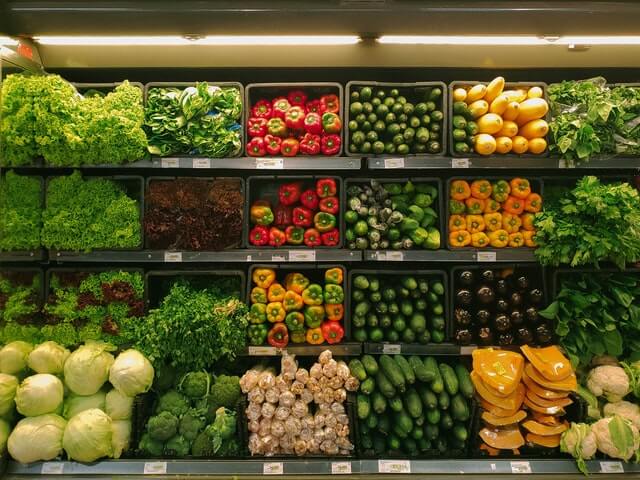Earlier this year, Americans learned what it looks like when a food system reliant on industrial agriculture, near monopolies and exploited laborers breaks down.
Just two months into the pandemic, the meat industry in the most powerful nation in the world was buckling.
[…]
The impact of COVID-19 on America’s food system is a wake-up call. A near-direct result of humanity’s destruction of nature — most notably increased levels of deforestation, pollution and habitat ruination — the pandemic can be seen as a warmup, not just for future disease outbreaks, but for the intensifying climate crisis that threatens the systems we rely on to survive.
For all the consumer-facing, shrink-wrapped elegance of the modern food system, the pandemic has exposed its fragility.
Alongside the public health crisis, poverty and food insecurity have skyrocketed this year. As of July, 29 million Americans said they “sometimes or often” did not have enough to eat.
At the same time, Americans were confronted with images and stories of farmers forced to dump milk, destroy crops, and euthanize their livestock as processing facilities and restaurants shut down.
These contradictions between food waste and hunger, said Phil Howard, a social scientist and professor at Michigan State University, are a result of an industrial food system “really designed not to feed people” but rather “to increase the power of a few dominant firms.”
For the last two decades, Howard has studied the consolidation of the food system. He’s documented large companies gobbling up smaller ones, mergers between corporate powerhouses, increased foreign ownership, and deceptive marketing that obscures the trend of monopolization.
Today, six companies control two-thirds of the U.S. meat supply. Whereas meatpacking workers once earned relatively high wages, the last four decades have seen a chipping away of wages and workplace safety protections for an often exploited workforce, largely made up of immigrants and workers of color.
Of course, it’s not just meat, and it’s not just the U.S.
Every part of today’s global food chain — from seeds and farm equipment to the supermarket shelf — is affected by the trend of corporate consolidation. More than 60% of global seed sales, for example, are made by just four companies.
We have been led to believe that Big Agriculture is the most efficient and effective way to feed a growing population, but this argument ignores the damage it does. It’s a heavily subsidized social and environmental liability.
Because a handful of companies control markets, farmers are seeing incomes fall as they are forced to pay higher prices for inputs and accept lower prices for the products they grow. Globally, farmers are also losing agency over their own farms, as corporations increase control of production through predatory contracts.
The environmental costs are enormous. Pollution, greenhouse gas emissions, and the fragmentation of natural landscapes are increasing. Fertilizer runoff drains from the Mississippi River into the Gulf of Mexico, creating gigantic “dead zones.” Thousands of square miles of Brazil’s Cerrado — considered the most biologically rich savanna in the world and a huge carbon sink — have been cleared for sprawling soy plantations, the vast majority for animal feed. Habitat loss is a key contributor to zoonotic diseases, such as COVID-19, that spread from wild animals to humans.
All the while, industrial farming practices destroy the soil on which they rely, requiring more fertilizer and more land.









